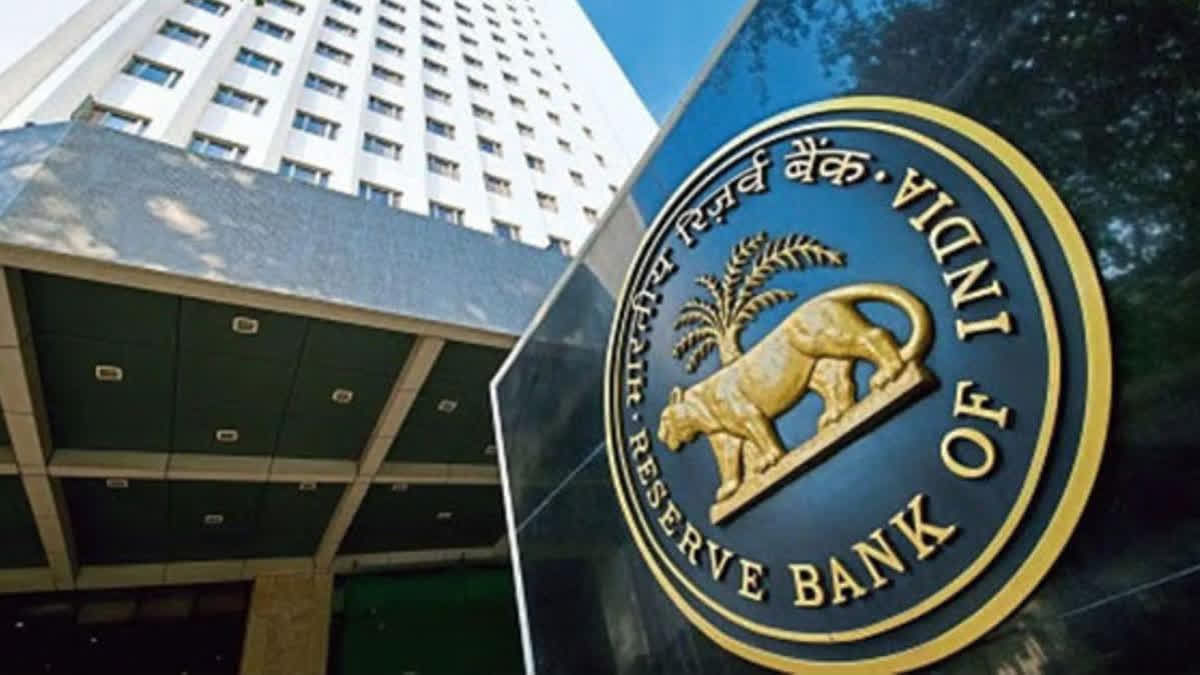Mumbai: The Reserve Bank of India (RBI) is likely to rely on liquidity management to tackle a spike in vegetable prices which are more temporary in nature, but it could hike rates if cereal inflation begins to pick up, analysts said on Friday.
A day after the release of the minutes of the last meeting of the RBI's rate-setting panel, foreign brokerage HSBC, in a note, said the central bank will use liquidity management tools as the first line of defence as long as it sees food price pressures arising from just a few items like tomatoes.
According to the note, if price pressures around cereal inflation begin to pick up further, then the RBI may be forced to use rate action. "We think as long as the RBI sees food price pressures arising from just a few items (for instance, tomatoes), it is likely to rely on liquidity management as its first line of defence.
"Since vegetable prices generally normalise in about two months, and oilseeds and pulses can be imported, we do not see the RBI using rate action to control the spill-over from these items," it said. Domestic brokerage Kotak Institutional Equities said the RBI meeting minutes expressed caution on inflation becoming more generalised and that a rate hike decision will be on pause for a prolonged period.
It, however, said that the Monetary Policy Committee's estimates on near term inflation may turn out to be low even after the upward review in August and added that the headline inflation will come below 5 per cent only in early 2024. In a note, domestic brokerage Emkay said there was a divergence in view around inflationary risks within the MPC and the second round impact, pointing out to the minutes of external member Ashima Goyal who said fears of a second round impact are unfounded.
On the other hand, Deputy Governor M D Patra had argued that the food prices can have a second round effect, and unanchor core inflation expectations. All the members cited the need to buckle up with supply-side management on the inflation front, the note said. The brokerage also said that it sees "less pressure" on the RBI to renew the incremental cash reserve ratio requirement beyond September 8.
On August 10, the MPC unanimously voted in favour of a status quo in key rates as inflation shot up above the higher threshold of the tolerance band set for the RBI in July largely due to the spike in tomato prices. (PTI)



